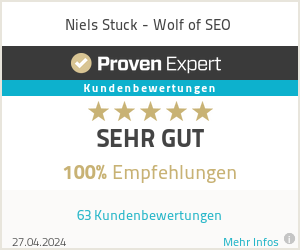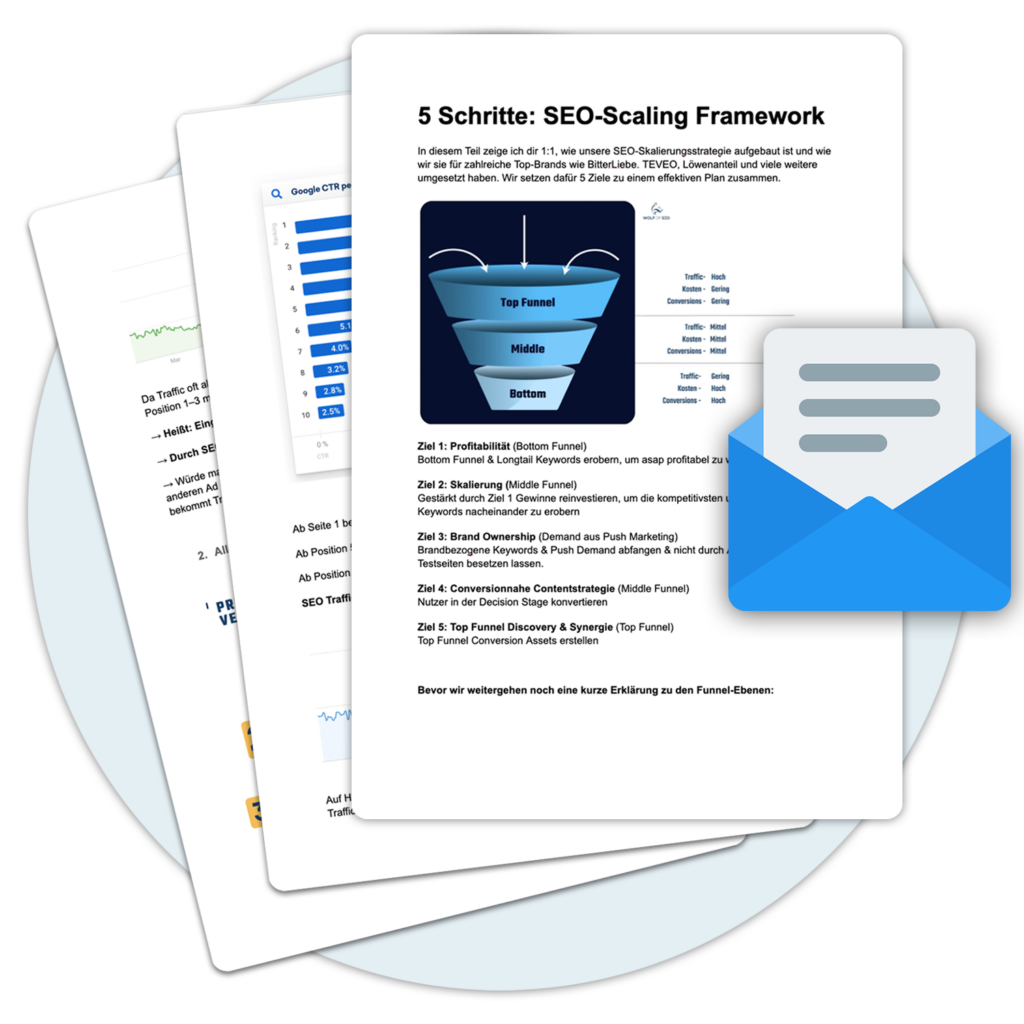Definition
Domain Expansion is a term used in the context of domain name registration and management. It refers to the process of extending a domain name to host more websites under one roof. This process can be achieved by adding more domains, subdomains and subdomains.
Advantages
- Targeted localizationWith domain expansion, you can target content specifically to different geographic audiences. Imagine you are running a E-commerce-business, which is located in both Germany as well as in France. By using "deinGeschäft.de" for the German market and "tonCommerce.fr" for the French market, you can create specific content and offers for each target group. This can improve the user experience and increase your conversion rate.
- Trademark protectionBy registering multiple domains, you protect your brand and prevent competitors or malicious actors from registering domains similar to yours. This not only protects your brand, but also your customers from possible confusion or fraud.
- SEO AdvantagesIf you run separate websites for different geographic regions, you can make those websites specific to the Search engine optimization (SEO) in these regions. This can lead to your websites performing better in search results.
- Increased visibility: By running multiple domains, you increase the likelihood that users will come across one of your sites, resulting in more Traffic can lead.
- Experimentation opportunitiesWith multiple domains, you have the opportunity to try different strategies and see what works best. You could test different layouts, content or marketing strategies on each domain and compare the results.
It's important to remember that domain expansion also has drawbacks, such as increased effort to manage and maintain the various sites and the need to avoid duplicate content. Nevertheless, it can be a worthwhile strategy in many cases.
Disadvantages
Of course, it's always important to look at both sides of the coin. Here are some of the disadvantages that domain expansion can bring:
- Increased administrative effortEvery additional domain also means additional administration work. You have to update content, do SEO, and fix technical issues on every single website. This can quickly take up a lot of time and resources.
- Higher costs: Every domain costs money - both for registration and renewal, and for hosting. And then there's the cost of managing and maintaining each website. That can add up quickly, especially if you own a lot of domains.
- Risk from Duplicate Content: If you publish the same content on several websites, this can be marked as "Duplicate Content" are evaluated. Search engines like Google don't like this at all and can penalize your websites for it. So you need to make sure that the content on each of your domains is unique.
- Division of the Backlinks: Each of your websites must build its own authority with the search engines. This means that Backlinksthat lead to one of your sites doesn't automatically benefit the other sites. So it can be more difficult to rank each of your websites high in the search results.
- User Experience can suffer: If your visitors have to jump from one domain to another, it can be confusing and lead to a worse user experience.
As you can see, domain expansion can have both advantages and disadvantages. It is important to weigh these factors carefully before you decide on this strategy
Use cases
Domain expansion is the process of extending your website's presence to multiple domains. This can be done for various reasons, such as branding, geographic targeting, or search engine optimization. It is an important step in international SEO strategy.
- BrandingYou could register additional domains that contain variations of your brand name to prevent others from registering them and potentially taking advantage of your reputation. For example, if you own the domain "example.com", you could also register "example.com" and "example.net" to ensure that no one else uses these domains.
- Geographical orientationIf you operate in multiple countries, you could register separate domains for each country to show a local presence and rank better in local search results. For example, you could use "example.com" for Germanyexample.fr" for France and "example.co.uk" for the UK.
- SEO optimization: Sometimes special Keyword-domains that contain important keywords for your business will perform better in search results. However, Google has made updates in recent years that have increased the value of Keyword-domains, so this is not a guarantee for a higher Ranking.
It is important to note that managing multiple domains means extra work, as each domain needs to be maintained and optimized individually. You also need to make sure that you don't create duplicate content across your domains, as this can lead to SEO problems.
Example 1:
A company that offers multiple products and services can create multiple websites specialized in these products and services by expanding its domain. This allows the company to present more information about its different products and services, giving customers better access.
Example 2:
Another example of the application of Domain Expansion is the creation of subdomains to achieve a global presence. Subdomains can be used to create a localized version of a website, customized specifically for a particular country or region. This allows companies to more easily adapt to an international audience, and thus reach more customers.
10 practical examples of domain expansion:
- Geographic expansionIf your company is entering new markets, a country-specific domain can be helpful. For example, a German company expanding into France could register a .fr domain.
- Product or service expansionIf you are launching a new product or service, you could create a separate domain for it. For example, a fashion company could register a separate domain for its new jewelry line.
- Branding: Sometimes an additional domain is used only for branding. For example, a restaurant might register a separate domain for its catering business.
- Events or campaigns: For special events or marketing campaigns, a dedicated domain can be useful. For example, a music festival could register a new domain every year for the current event.
- Blog or Content-Hub: Many companies create separate domains for their blogs or Content-Hubs. For example, a gym could create a separate domain for its fitness blog.
- E-commerce-PlatformIf you are opening an online store, a separate domain for it might be useful. For example, a furniture manufacturer could register a separate domain for his online store.
- Community or support websiteSometimes it can be useful to have a separate domain for your community or support website. For example, a software company might have a separate domain for their support forum.
- Corporate or Investor Relations: Large companies often have separate domains for their corporate or investor relations websites. For example, a technology company might have a separate domain for its investor relations website.
- Microsites for niche topicsIf you want to cover special topics that are not directly related to your main business, separate domains could be useful for this. For example, a travel company could have separate domains for specific destinations or activities.
- Testing new ideas: Sometimes a new domain is simply used to test a new business idea. If the idea works, it can be integrated into the main business or developed into a brand of its own.
These are just some of the ways domain expansion can be used. It all depends on your specific goals and requirements.
Conclusion
Domain Expansion is a very useful tool that can help companies expand their business quickly and efficiently. It allows hosting more websites, presenting more information and adapting more easily on an international level, which brings a number of benefits. However, one should be aware that with expansion comes additional costs and administrative tasks.
« Back to Glossary Index






 By
By 